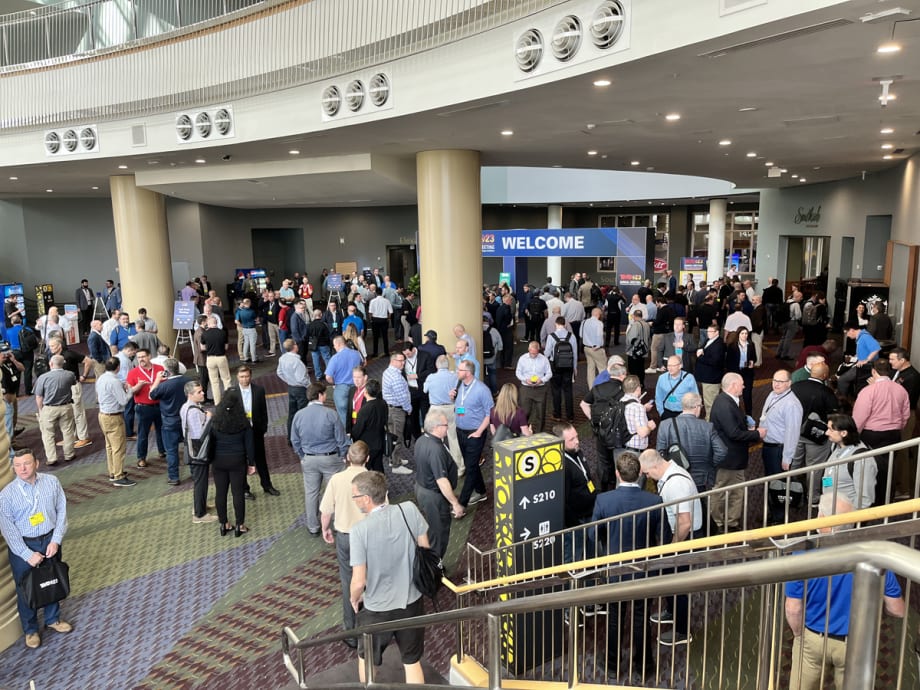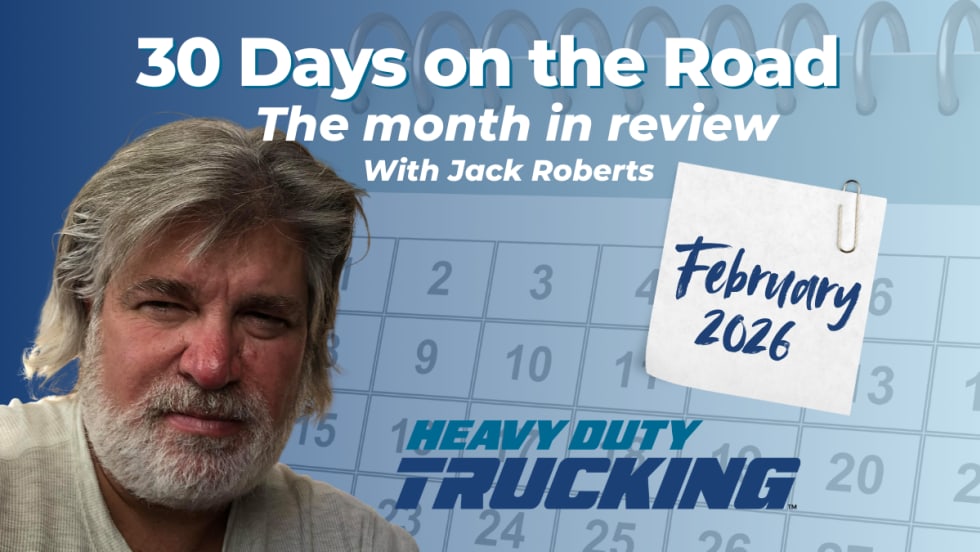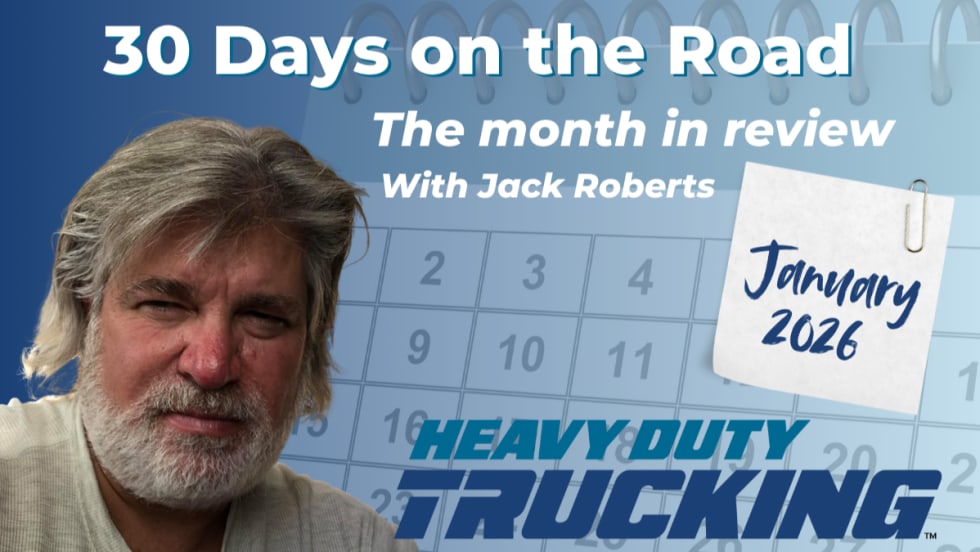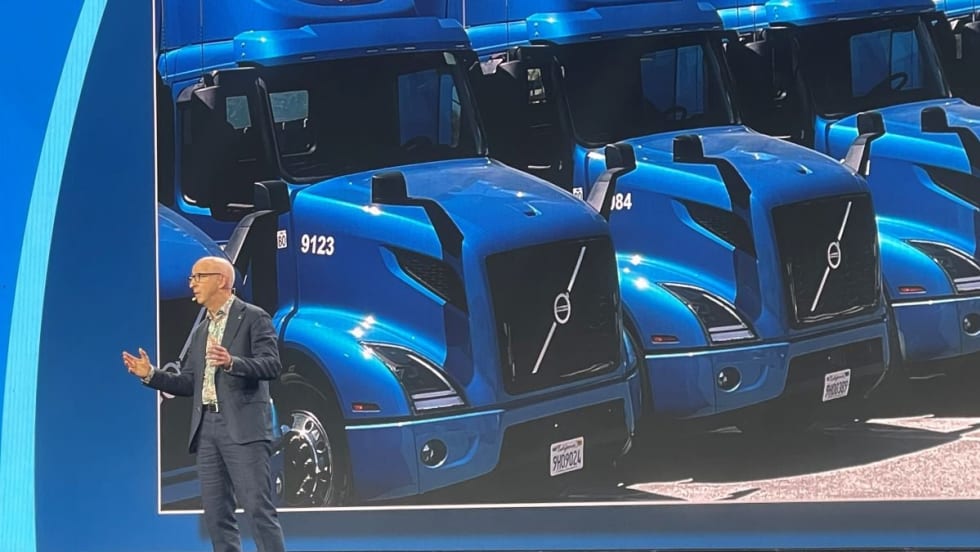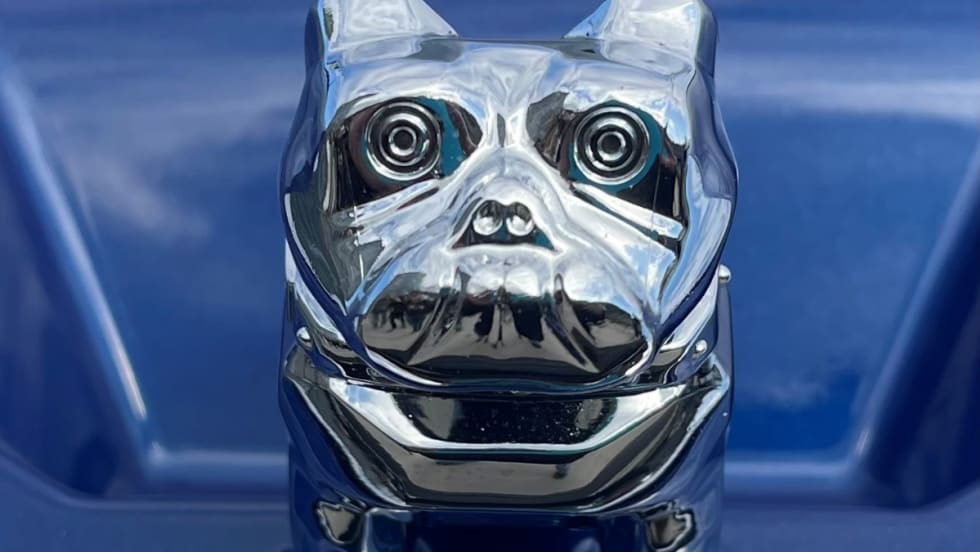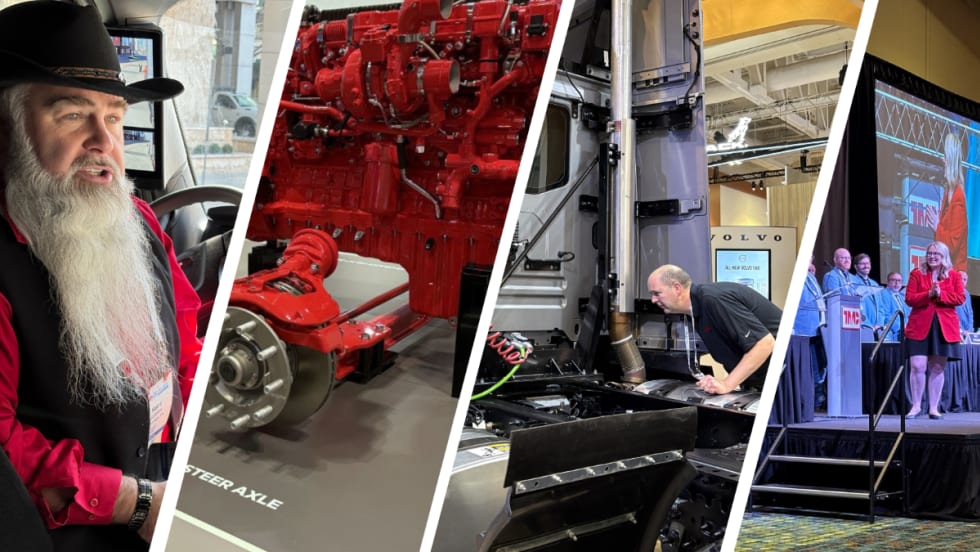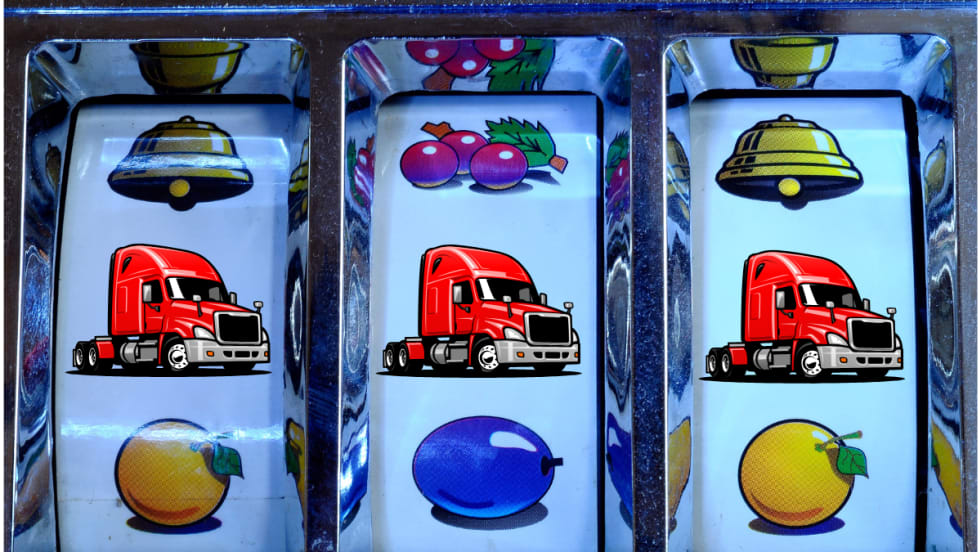I started covering trucking in 1995. To be frank, there wasn’t much going on in the industry at the time. Volvo made a big splash by introducing the VN — the industry’s first truly aerodynamic Class 8 tractor. But, by and large, a new engine was considered a big deal from a news perspective, in those days.
The pace quickened a bit in the early 2000s, as fleets began to talk about “vertical integration” — the move to use proprietary components and powertrains in as many specs as possible. It was around this time that people began wondering what was to come of poor Cummins (which has done quite well adapting to change, thank you very much). We also started to see automated manual transmissions go to market in a decidedly skeptical industry.
And then, of course, much ink was spilt during the furious OEM engine wars that broke out as the 2010s dawned. Most manufacturers opted for selective catalyst reduction (SCR) downstream emissions controls, while a single OEM decided it would double down on the exhaust gas reduction (EGR) approach. That was a pretty big story at the time.
Yet all of it pales in contrast to the state of flux trucking finds itself in today. New technologies are rushing at the industry at warp speed. There are still very pertinent questions as to which technologies, and when, will be most appropriate for various trucking applications.
Getting Into the Nitty-Gritty of ZEVs, Automated Technologies, and More
But trucking is starting to move past the skepticism and discussion phase and into the skinned-knuckles, nitty-gritty, figuring out how these technologies will be implemented into fleet operations.
The surest sign for me that we’re in a sea-change when it comes to technology and trucking was at the American Trucking Associations’ Technology & Maintenance Council annual meeting in Orlando, Florida. It was during the various Task Force and Study Group sessions where this was most apparent.
Task Forces and Study Groups are where TMC members hammer out industry-wide best practices and procedures. These eventually come to light as Recommended Practices (RPs) that fleets can adopt and follow when dealing with various maintenance and operating issues.
In years past, both Study Groups and Task Forces were fairly detail-oriented, dealing with topics that were pain points for members, such as understanding “thermal events,” magnesium chloride corrosion, battery and electric system health, correct methods for towing trucks with automated transmissions. Topics were relatively mundane, reflecting an industry that was largely dealing with equipment and technology it was intimately familiar and comfortable with.
But at this most recent TMC meeting, many of these sessions were grappling with new topics. These were primarily exploratory sessions that, in many cases, were simply trying to get a handle on things and establish a baseline understanding of new technologies — and where to even begin to address the many adoption, introduction, operation and maintenance issues that will arise when fleets begin using them in earnest.
We saw sessions dealing with issues such as:
Infrastructure for hydrogen and electrical grids.
The state of trailers and the need to prepare that industry segment for both electric-drive trucks and autonomous control systems.
Maintenance for electric and autonomous trucks.
Determining which technology (or technologies) will be the right fit for fleets in different applications.
To be fair, these topics (and many others) have been under discussion since the ripples of the coming technology wave first lapped up on trucking’s shore. But at this meeting, it struck me that TMC is now moving on to the task of adopting and deploying these technologies and developing RPs to help its members through these processes.
The members of TMC have been handed an opportunity not seen since the organization was founded in 1956. They are now beginning the process of creating the guidelines that will govern the next generation of trucking technologies and the fleets that use them.




